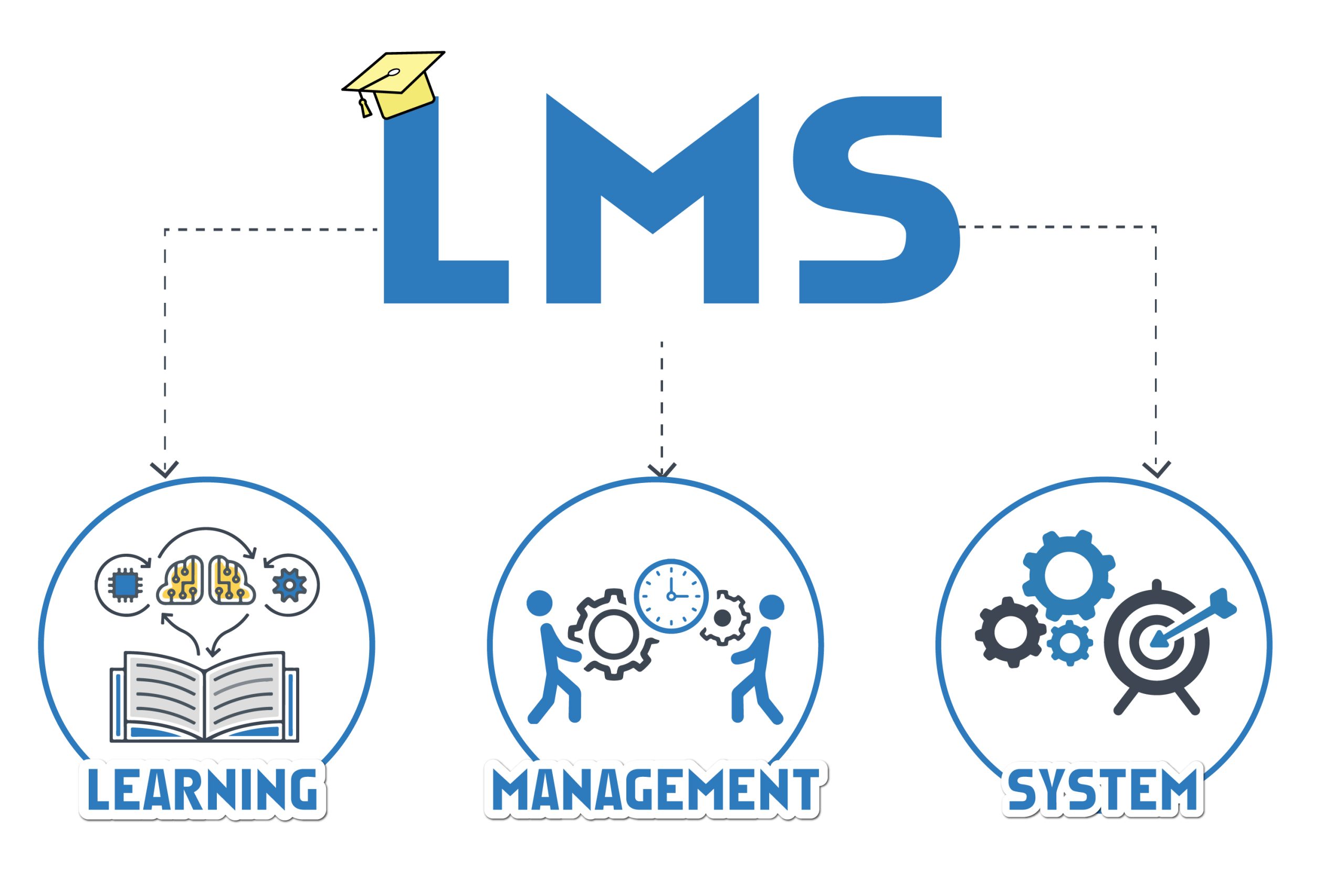In today’s fast-paced digital age, the education sector has witnessed a transformation unlike any other. Learning Management Systems (LMS) have been at the forefront of this revolution, offering a comprehensive platform that has redefined e-learning. By seamlessly integrating technology with pedagogy, LMSs have broadened access to education, increased learner engagement, and enhanced the overall effectiveness of educational programs. This evolution is not just a trend but a sign of how adaptable and future-ready our education systems need to become.
Learning Management Systems have significantly altered the way content is delivered and consumed. Gone are the days when students were bound by the physical limitations of a traditional classroom. With LMSs, learners from any geographical location can access high-quality educational content at their own convenience. This aspect of accessibility ensures that education is no longer a privilege but can be a universal right, breaking down the barriers imposed by time and space. Furthermore, LMSs support diverse content formats, including videos, podcasts, quizzes, and interactive simulations, which cater to multiple learning styles and preferences, making learning a more inclusive process.
One of the most salient benefits of LMS platforms is the enhancement of learner engagement. Interactive elements such as discussion forums, real-time quizzes, and gamification features make the learning process lively and compelling. These tools not only foster collaboration and build a community but also encourage critical thinking and problem-solving skills. By transforming passive learners into active participants, LMSs ensure that education is an immersive experience, significantly improving retention rates and learning outcomes.
Incorporating artificial intelligence and machine learning into LMSs has further elevated the learning experience. Advanced analytics tools now provide educators with deep insights into learner behaviors and preferences. This data-driven approach allows for a more personalized learning path, catering to the unique needs of every student. By identifying knowledge gaps and providing tailored recommendations and resources, LMSs ensure a learning journey that is both efficient and effective. Educators can adjust their teaching strategies in real-time, ensuring that no student is left behind.
LMSs also offer unprecedented advantages in terms of assessment and feedback. Automated grading systems and instant feedback mechanisms ensure that learners can quickly identify their strengths and areas of improvement. This continuous feedback loop enhances motivation and provides a clear trajectory for learning growth. Additionally, e-portfolios integrated within LMS platforms allow learners to showcase their achievements and track their progress over time. This feature is particularly valuable for educators and employers looking to assess students’ competencies and growth trajectories.
The flexibility and scalability offered by LMSs are not just beneficial for learners but also for educational institutions. These systems can cater to thousands of students without any drop in performance or user experience. Moreover, cloud-based LMSs reduce the overhead costs associated with physical infrastructure, making education more cost-effective. Institutions can seamlessly update and distribute new content, ensuring that the curriculum remains relevant in an ever-changing world.
As LMS technology continues to evolve, its potential in transforming education is limitless. With advancements in virtual and augmented reality, the future of e-learning promises to be even more interactive and immersive. Educators, policymakers, and technology developers must work collaboratively to unlock the full potential of LMS in revolutionizing education. By doing so, we can ensure that students worldwide have access to quality education that prepares them for the challenges of the 21st century, nurturing a generation that is not only knowledgeable but also adaptable and innovative.
